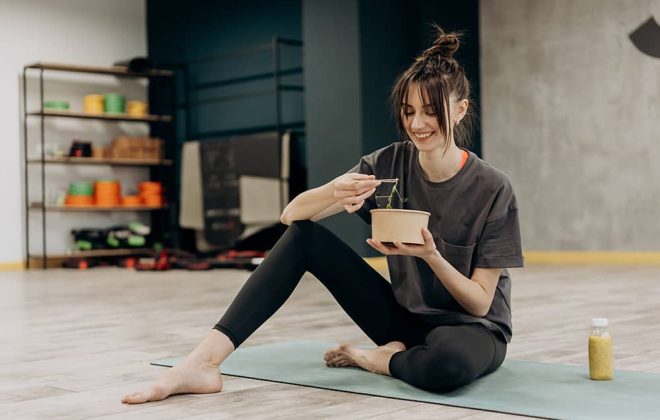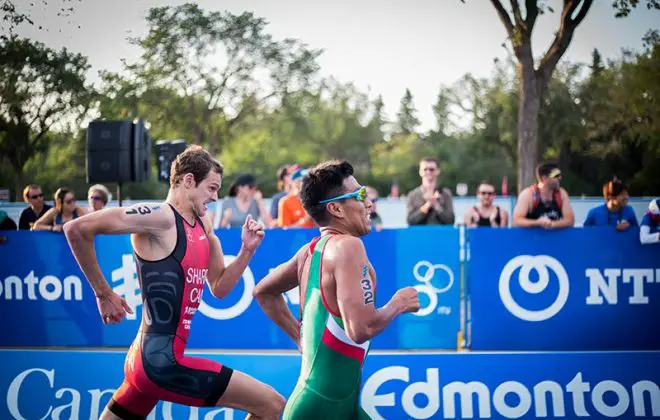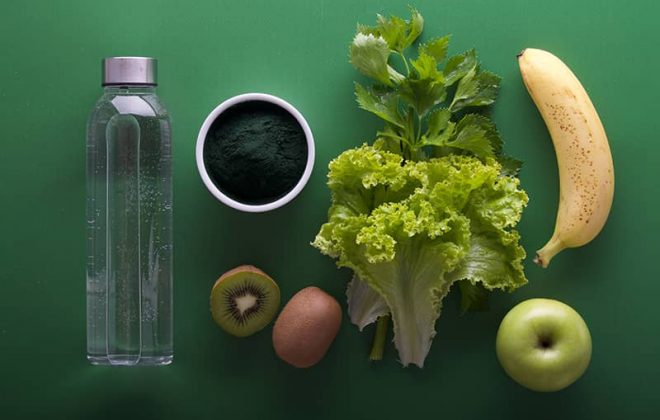9 Tips For Eating Healthy While Traveling And Having More Energy
Traveling is a great way to explore new places and get some new perspectives and ideas. But would one enjoy it as much if he’s not feeling like himself? Waking up tired from the day before or vice-versa – running out of energy during a long day of exploring? That may be due to not eating healthy while traveling.
We tend to try different things while traveling. Pizza and gelato in Italy, fried bananas in Asia, burgers and bagels in US… It all can get out of control pretty quickly without any structure.
The worst situation one can possibly find himself is being in a new place, having so much to explore, but having no energy to do it. Being too stuffed, too hungry, sleepy or moody to even care about something – I’ve been in all of these situations myself.
Tips for eating healthy while traveling
Personally, I live by the mantra that when done right, there’s time and energy for everything. And it’s more than relevant when you have only 2 days to explore a city. As much as 70% of how we look and feel comes from nutrition, but due to the amount of information out there that’s often overlooked.
I’ve put together a list of tips I personally follow to make sure I’m eating healthy while traveling. Whenever I travel I spend a lot of time on my legs just walking around. With some of the below changes to my ‘travel habits’, I felt that I have more energy for that.
#1 Drink lots of water
The simplest thing one can do to have more energy is to drink more water. It’s an easy way to stay positive and energetic not only while traveling but back at home as well.
Turns out, we can’t function without water. Our body will be unable to produce energy without it. If the body without food is like a car without gas then without water it’s like a car without oil – even worse.
So, it makes sense that without water we can get pretty moody or tired sometimes. In fact, very often that mild hunger on ‘hangriness’ we feel is actually a thirst.

It’s important to keep in mind that the body requires sodium to absorb water. Otherwise that water will just pass through with no benefit.
So, when consuming large quantities of water (during excessive sweating, for instance), it’s important to consume salt as well. It can be from fruits, vegetables and even salty crackers.
#2 Timing of meals is everything
Eating healthy while traveling is not only about what we eat. When we consume food is equally important to maximize the energy that we have.
Breakfast, in my view, is the most important meal of the day. After 8 to 10 hours of fasting through the night our bodies require fluids and good nutrition to be able to operate at full potential. Morning is, therefore, our opportunity to fuel up for the day ahead.
Lunch is always the biggest meal of the day for me. In the middle of the day the body has long woken up and food digestion is at its peak. Also, there’s still half a day to walk off any big meal. Or those gelato’s I’ve eaten.
Dinner. I generally try to either have a smaller dinner or skip it altogether. When I’m feeling stuffed before bed it’s much harder to fall asleep and in general the quality of sleep is rather low. An easy dinner (like a salad) helps me to get up in the morning feeling energized and ready to take on some serious breakfast.
#3 Eat fruits, sweets and desserts separately
One of the mistakes many of us make is that we mix fruits and sweets with other food. Or take them as a dessert after a large meal.
Fruits and sweets are sugars and those always get digested first. Eating that right after a proper meal would mean that the main meal would have to wait for at least 30 minutes to 1 hour in the stomach before getting digested.
When we eat dessert on top of a meal, the food will stay in our stomach longer causing bloated and gassy feeling.
A quick digestion will mean less energy is spent on it and more is available for exploring.
#4 Watch out for refined sugars
Plain sugars (like those in fizzy drinks, chocolate bars or even McDonalds foods) are one of the main reasons why people get out of shape. Large quantities of sugar are not processed in our bodies and are stored as fat. Yikes.
Even though fruits also contain sugar, it’s different. Fruits contain large quantities of mineral called fiber that makes you feel full faster. Hence, you can’t possibly eat too much to store fat.
In sugary snacks there’s almost no fiber which would control how much the body needs. Which is why it’s very easy to over-eat and come back with some extra weight.
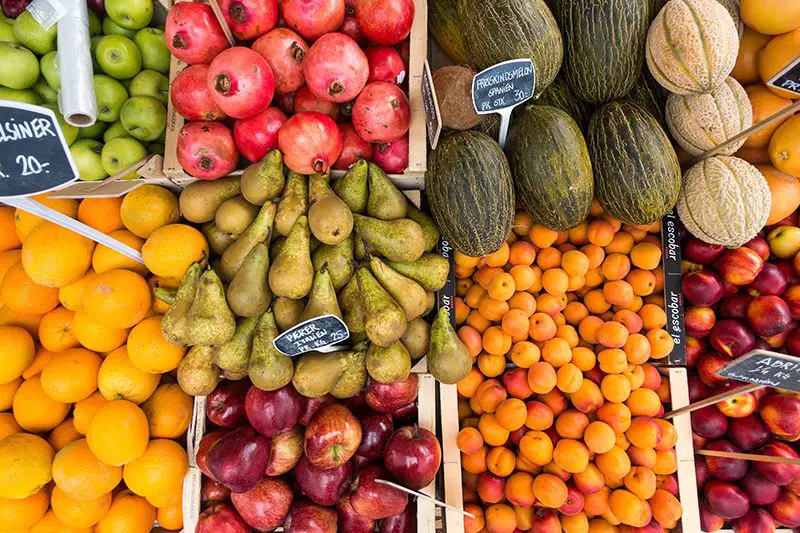
When I traveled to Slovenia once, I bought a kilo of fresh berries at the market for less than a McDonalds set and that lasted me for half a day. Since then when I travel I try to eat as much fruits and berries as possible.
#5 Don’t overeat
Overeating is one of the reasons why people are not eating healthy while traveling. I know it can be tempting in the all-you-can eat buffet, but try to spread it out.
Traveling and exploring is already a stress to the body. New time zone, jet lag, different weather, all the walking – everything contributes to stress. To have more energy it’s best to let the body spend as little time as possible on digesting food.
Try a vegetarian diet or fully plant-based diet. Those digest quicker than meat-based ones and leave the body with more energy.
Also, it’s much easier to ‘spoil’ meat, so there is a higher likelihood to upset the stomach.
Related: 14 Key Steps To An Effective Marathoner And Triathlete Diet
#6 Keep a healthy snack always at the ready
There is a high chance 3 meals will not be enough to last you throughout the day of exploring. So, get prepared in advance.
Nuts & dried fruits are by far the perfect snack to take with you – it’s both high in value and cheap to have (look for those without added sugars). You can prepare a box of those at home or get a ready-made package at the supermarket.
Also, nuts are very high in calories, so you won’t need much of them – spread those out and don’t eat all at once.
#7 Match the diet with travel plans
Are you going skiing or just exploring? Depending on the type of activity it pays off to match the food intake with that.
If you don’t plan any energy-demanding activities, I’d focus more on fats, like nuts, seeds, avocados, olive. Those will provide steady energy and keep you full for a while.
Make sure you focus on good fats that are rich in Omega 3 (chia and flax seeds are the best). That is an anti-inflammatory fat source that helps to keep us healthy and free from cold and stuff.
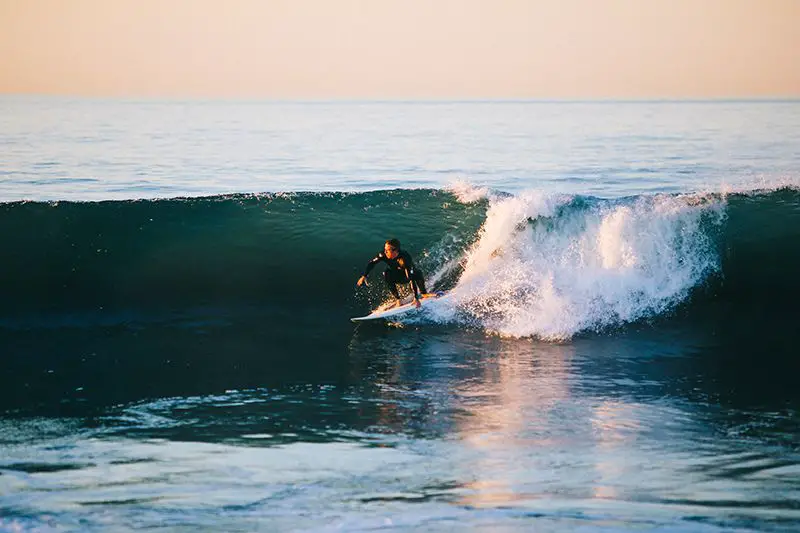
#8 Bring your own food to the airplane
Airplane food is not always the best. Generally it’s pasta or rice with questionable sauce and some bread. Not my priority choice. I noticed that snacking on whatever is offered on the flight never made me feel good.
Everyone can survive a 2-3 hour flight without eating. It’s ‘peer pressure’ that influences us to eat what we know is not good for us. I personally pack a couple of healthy snacks with me (like a banana or dried fruits) to avoid the urge to eat something unhealthy.
If I do eat food on the airplane, it’s usually on long-haul flights where I can pre-order vegetarian food.
On longer flights it makes sense to stop by the restaurant in the terminal and order a takeaway salad. Yes, it will cost extra, but you won’t have to wait for an hour to get your food and big salad will keep you fuller and energized. Buy extra nuts at the grocery store to make it more filling.
#9 Cook at home
If there is an option, I always try to stay in an apartment or a room where you can cook your own meals (airbnb and couchsurfing are best for that). That way I have full control over what I eat and I also save money by not eating out and making my healthy snacks for the road.
Did you find this information useful? Share the post with others using the buttons below.
Andrejs
Related Posts
Leave a Reply Cancel reply
GET A FREE TRAINING PLAN
Subscribe to my email list and get access to a free 4-week “back in shape” training plan
You’ll also get two full-body strength sessions and some other goodies!
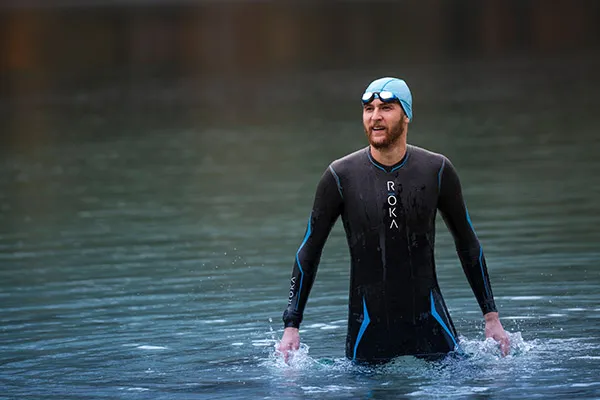
How did I get here?
Hey there! My name is Andrejs and I am here to inspire, entertain and get you fit for any adventure.
I went from being an over trained pro athlete to an endurance coach sharing how to listen to your body and live life to the fullest.
Traveling, new sports & activities brought new meaning to my training and made it much more effective, fun and enjoyable. And I'm here to help you do the same.
